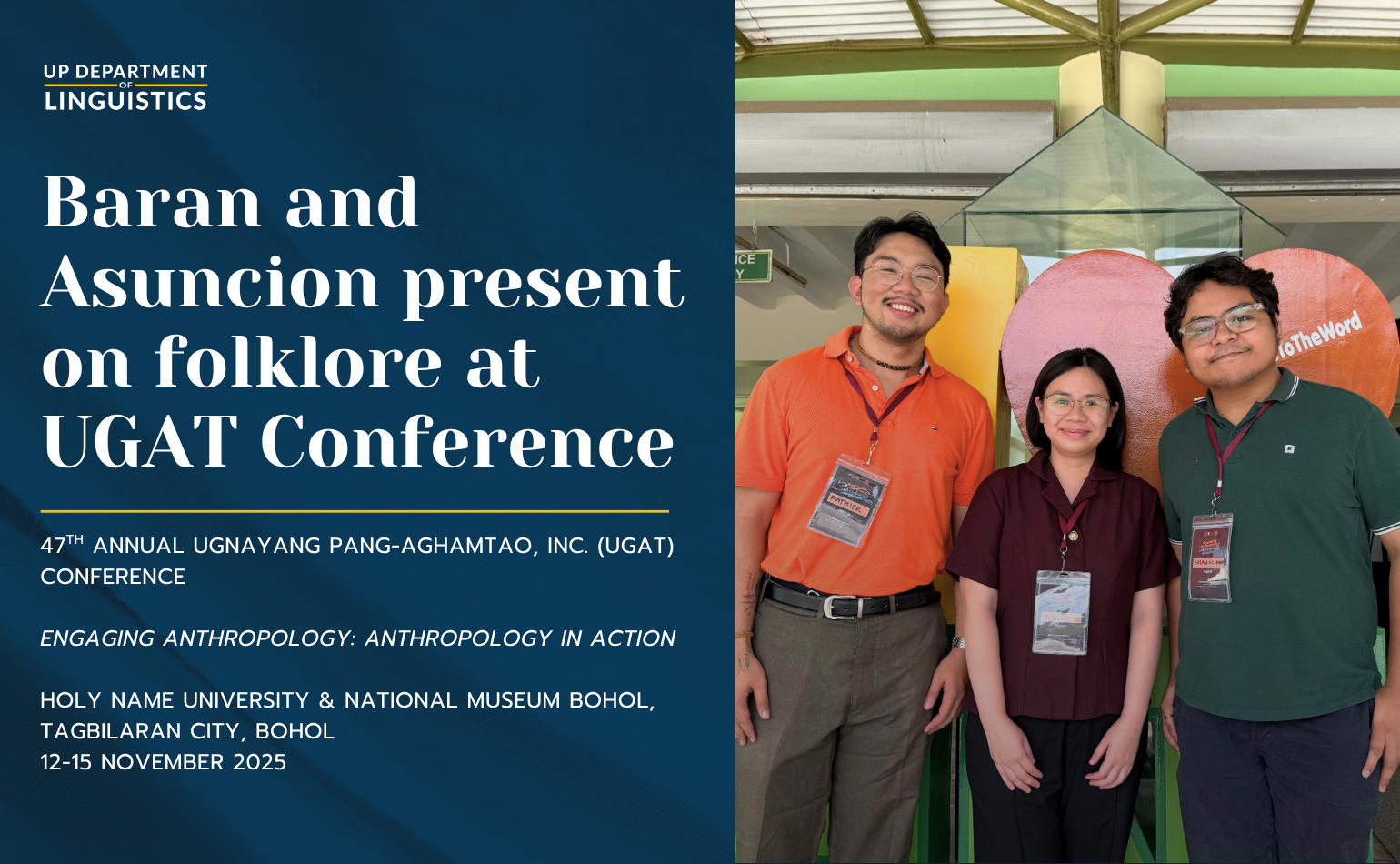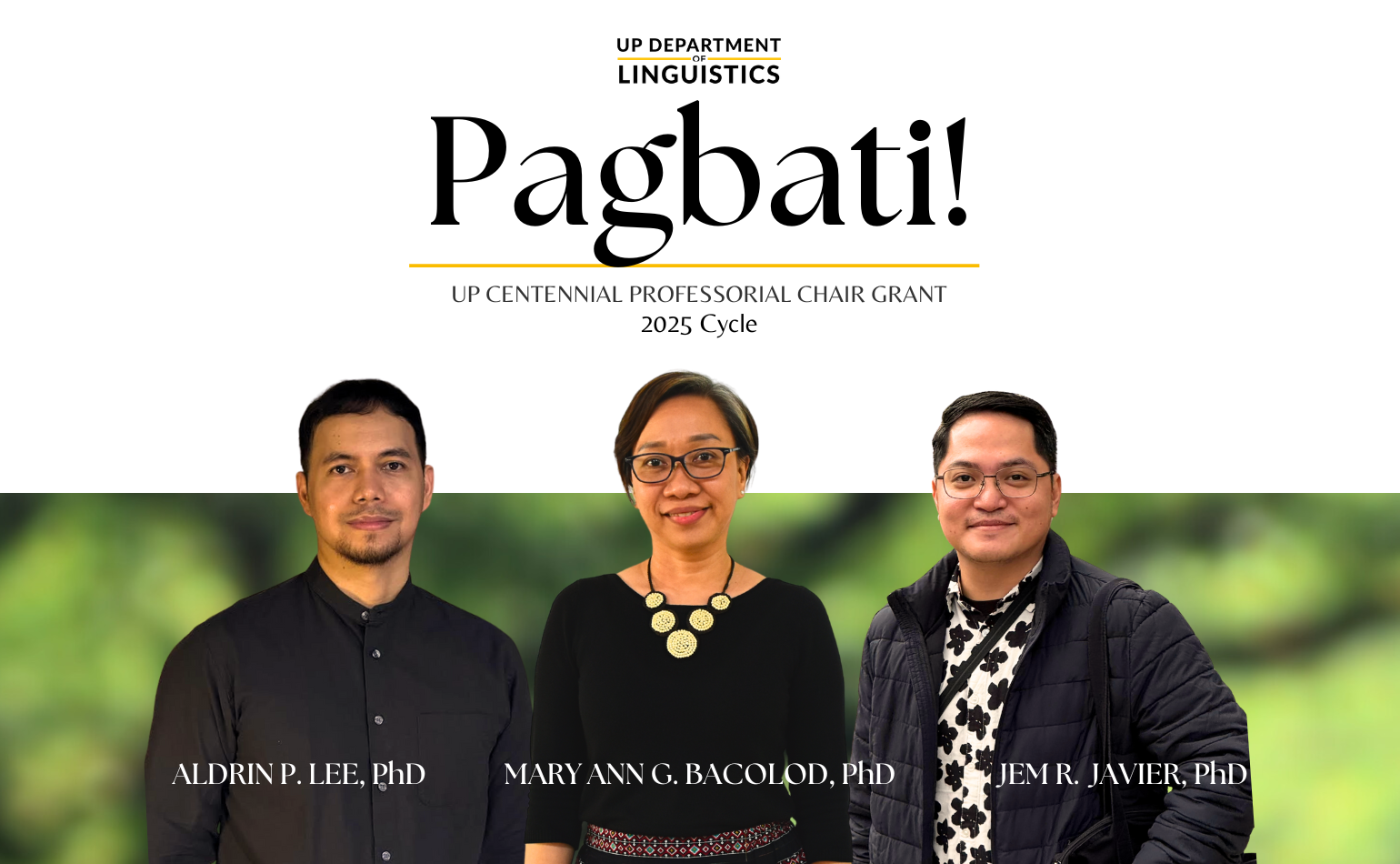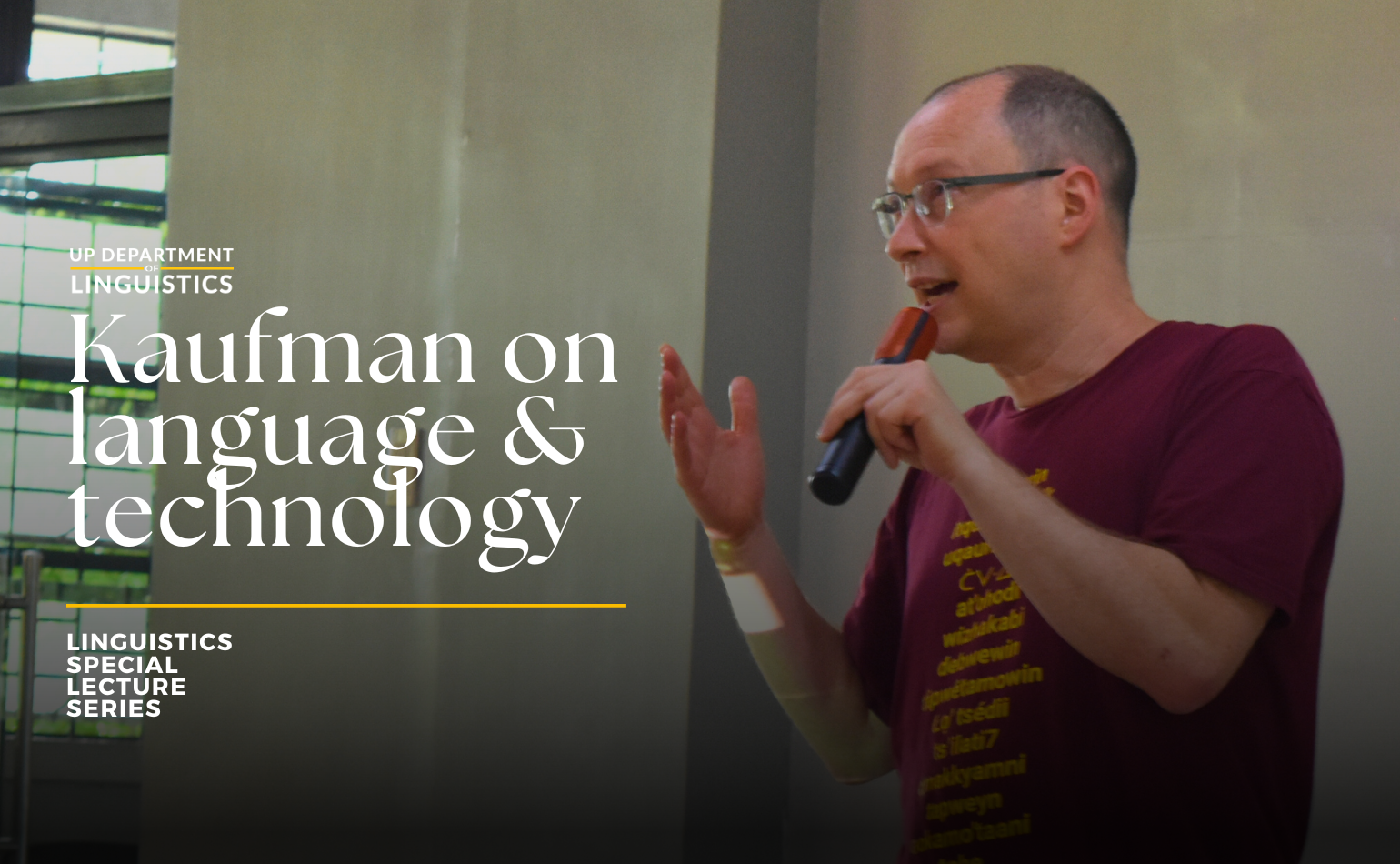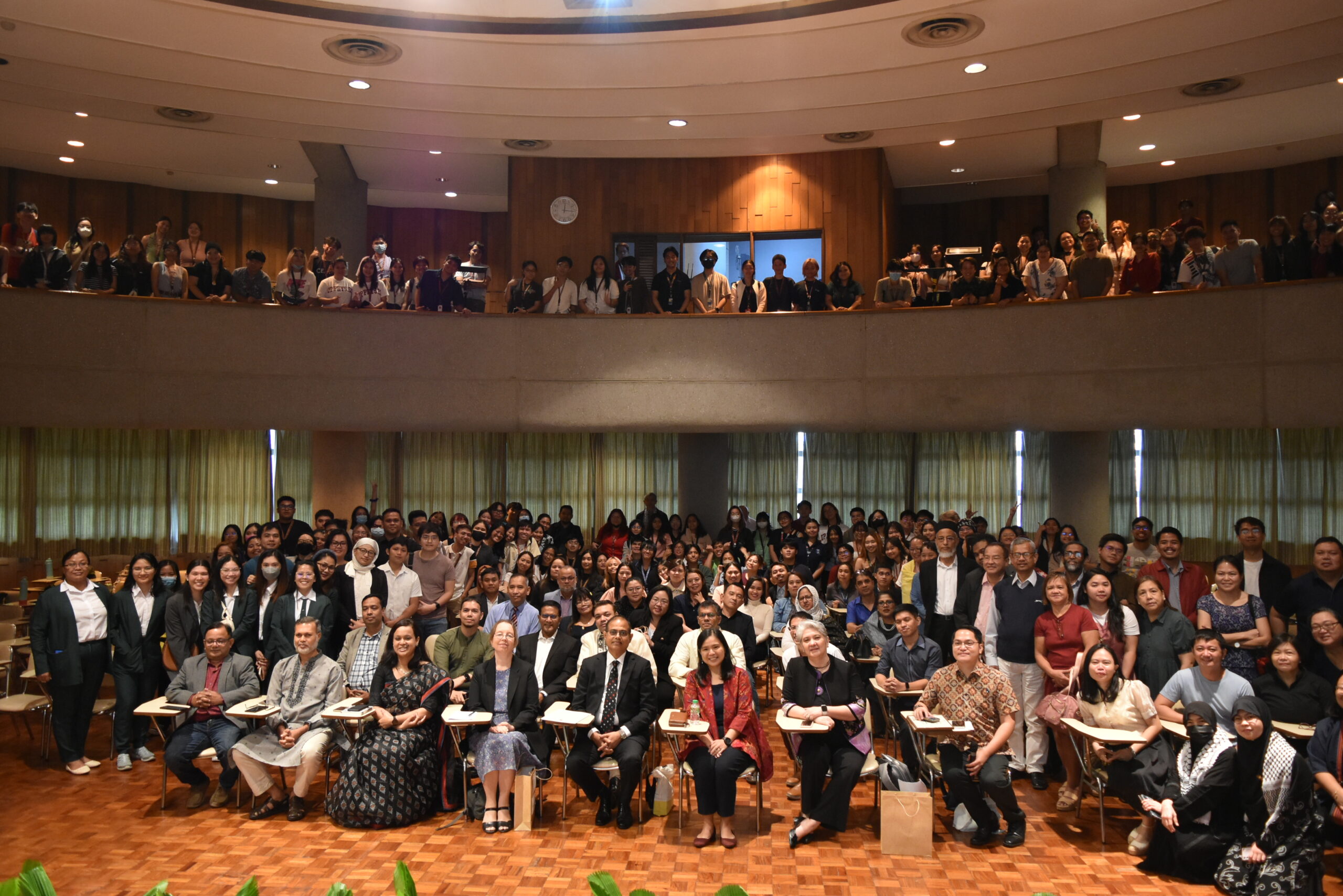
International Mother Language Day (IMLD) is observed every year on the 21st of February to promote linguistic and cultural diversity and multilingualism. The day was first proclaimed by the General Conference of the United Nations Educational, Scientific and Cultural Organization (UNESCO) in November 1999, and has been observed every year since February 2000. In celebration of the IMLD 2024, the Department co-organized with the Embassy of the People’s Republic of Bangladesh a symposium with the theme “Multilingual education: An essential strategy for transforming education systems.” This event was held last February 21 at the UP National Institute for Science and Mathematics Education Development (NISMED), and moderated by Assoc. Prof. Jem R. Javier.
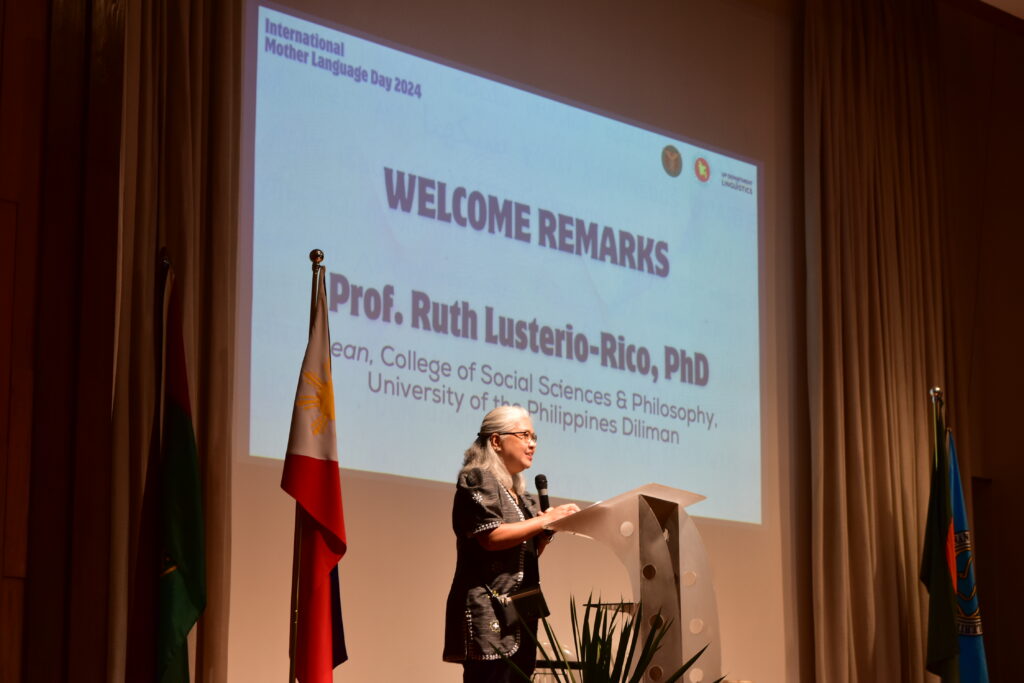
In her welcome remarks, Dr. Ruth Lusterio-Rico, dean of the College of Social Sciences and Philosophy, commended the efforts of the Department and the Embassy for organizing an event that raises awareness regarding the pivotal role of mother languages in both personal and societal progress. She also thanked the esteemed guests, educators, and students who showed support and interest in this academic gathering.
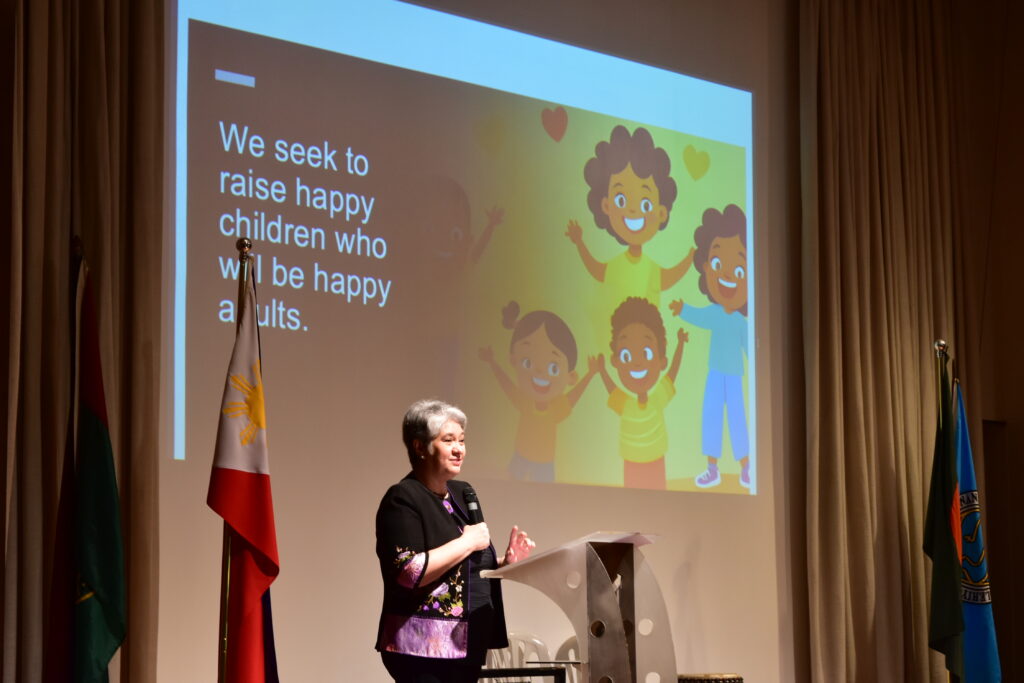
At the core of the symposium was the keynote address delivered by Dr. Dina Joana S. Ocampo, professor of reading and literacy education at the College of Education. Dr. Ocampo described IMLD as a day that celebrates the people who speak the various languages of the world. She also emphasized the importance of acknowledging multilingualism, especially in education, and how such recognition contributes to the development of children into productive adults. The promotion and implementation of multilingual education (MLE) thus challenge traditional and linear modes of education, specifically subverting the one-size-fits-all approaches to learning.
Expounding on the advantages of utilizing mother tongues in schools, Dr. Ocampo presented four main claims of MLE. First, MLE improves learning. Evidence from several studies across different countries shows that mother-tongue instruction improves retention rates among young learners. Leveraging languages for learning outcomes also strongly benefits children belonging to indigenous communities and learners from diverse linguistic backgrounds. Second, using the home language in school helps children learn. The adverse effects of the mismatch between home and school languages are often reflected in the results of assessments, such as the Progress in International Reading and Literacy Study (PIRLS) (Global Education Monitoring Report, 2016). Third, MLE supports inclusive and culturally appropriate education by capacitating learners to participate in discussions and freely express themselves. Finally, starting with the mother tongue helps in learning target languages in schools, as supported by findings from different studies (e.g. Dumatog & Dekker, 2003; UNICEF, 2018). Ocampo even remarked that multilingualism is “a kind of agility [often] underappreciated” in societies where the power of speaking many languages is left unrecognized.
She then discussed strategies for implementing MLE, aiming to address the question of how all children can benefit from such advantages. Drawing insights from her research, each strategy was elaborated on in terms of earlier successes, challenges encountered, and possible solutions.
Develop inclusive policies. An essential first step in carrying out this program is to analyze the data, primarily concerning the children and their languages; the rate of in-migration and its impact on an area’s language profile; and the availability and/or codification of literacy materials (i.e. local stories familiar to the learners). It is also imperative to identify the language(s) spoken by the teachers, and gather data regarding the materials and resources needed for teaching and learning. An understanding of these variables serves as a guide to formulating appropriate policies that cater to the needs of MLE. Ocampo noted that the Philippines should have inclusive and consistent policies that reinforce one another.
Plan programs with stakeholders. It is also expected that the planning of MLE-related programs will be done through consultation and collaboration with stakeholders. Such cooperation will hopefully lead to standards, goals, and objectives aligned with the needs of learners and educators. After proposing a timeline that lists necessary activities for the first five years of planning, Ocampo underscored the significance of empowering teachers through adequate MLE training and community engagement. She also explained that the nuanced conceptualization of instructional guides and learning materials other than textbooks (e.g. dictionaries, alphabet cards, flashcards) can be achieved through cooperation between teachers and linguists.
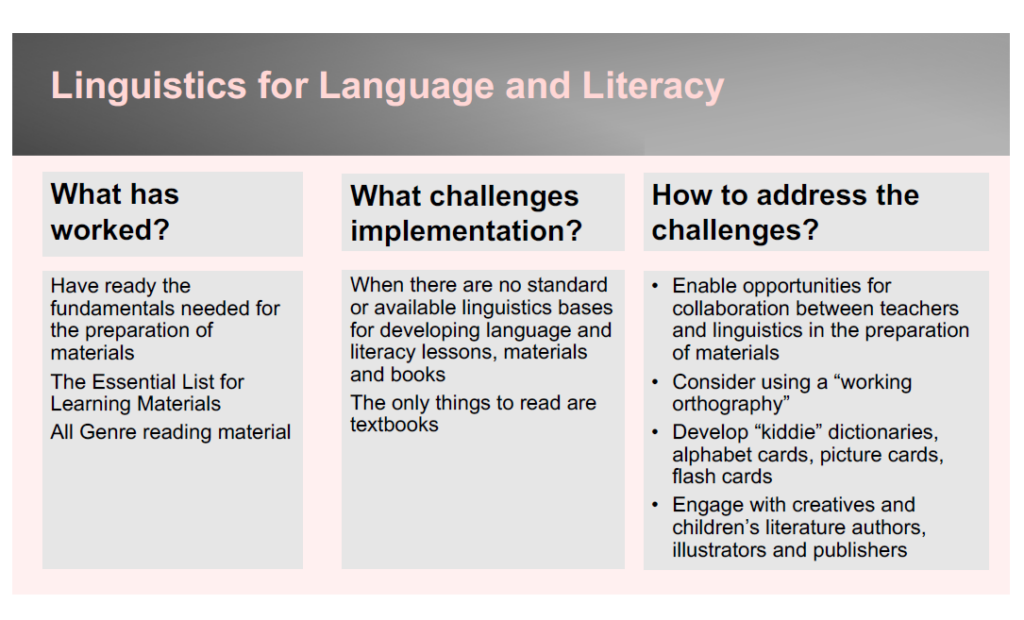
Monitoring and evaluation reporting. Monitoring and evaluation of the program must focus on assessing how students learn and identifying what enables it to happen. The use of proper monitoring and evaluation tools must be ensured by program implementors and communicated well to all stakeholders. Data from simplified reports can assist educators in improving teaching and learning, and help policymakers and the public understand the value of MLE and its progress after being implemented.
Dr. Ocampo concluded her keynote address by stressing that advocating MLE ultimately means striving for social justice. This endeavor involves “work[ing] towards rectifying persistent problems; recogniz[ing] that poverty impacts learning; implement[ing] interventions to reduce hunger and marginalization” and insisting on “restorative justice in education.”
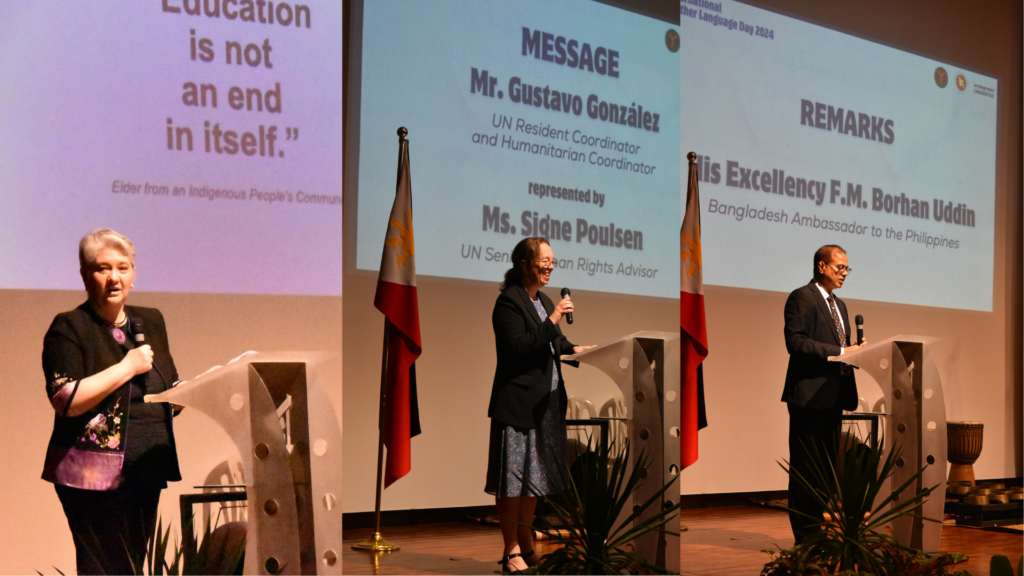
UN Senior Human Rights Advisor Ms. Signe Poulsen then delivered a message on behalf of Mr. Gustavo González, UN Resident Coordinator and Humanitarian Coordinator. She expressed solidarity with the nations that champion the strengthening of MLE and echoed how such advocacy provides opportunities in life through literacy and intergenerational learning, and becomes instrumental in achieving the sustainable development goals (SDGs).
Meanwhile, His Excellency F. M. Borhan Uddin, Bangladesh Ambassador to the Philippines, shared the historical and cultural significance of IMLD in their country’s context and how this momentous event became an indispensable reminder of the people’s rights to self-determination and freedom. He also expressed his gratitude to the Department and proposed a prospective collaboration between the two institutions. H.E. Uddin ended by inviting the audience to listen to the most iconic song of the Bangladesh Language Movement, “Amar Bhai er Rokte Rangano Ekushe February” (My Brother’s Blood Spattered 21st February). This was followed by a cultural presentation by Kontra-GaPi (Kontemporaryong Gamelan Pilipino), the resident ethnic music and dance ensemble of the UP College of Arts and Letters.
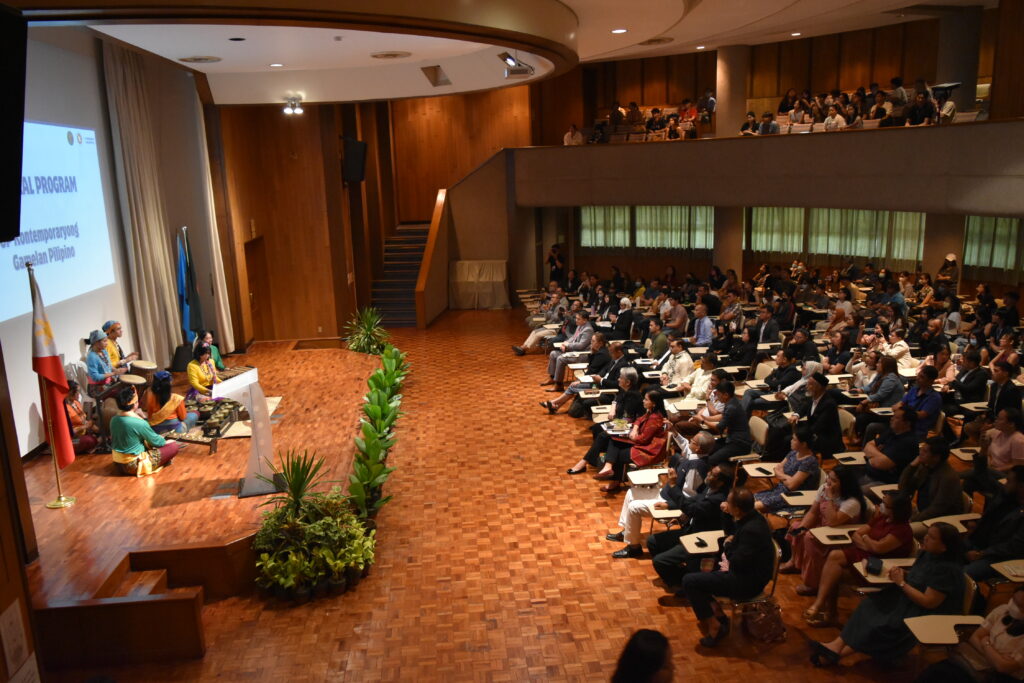
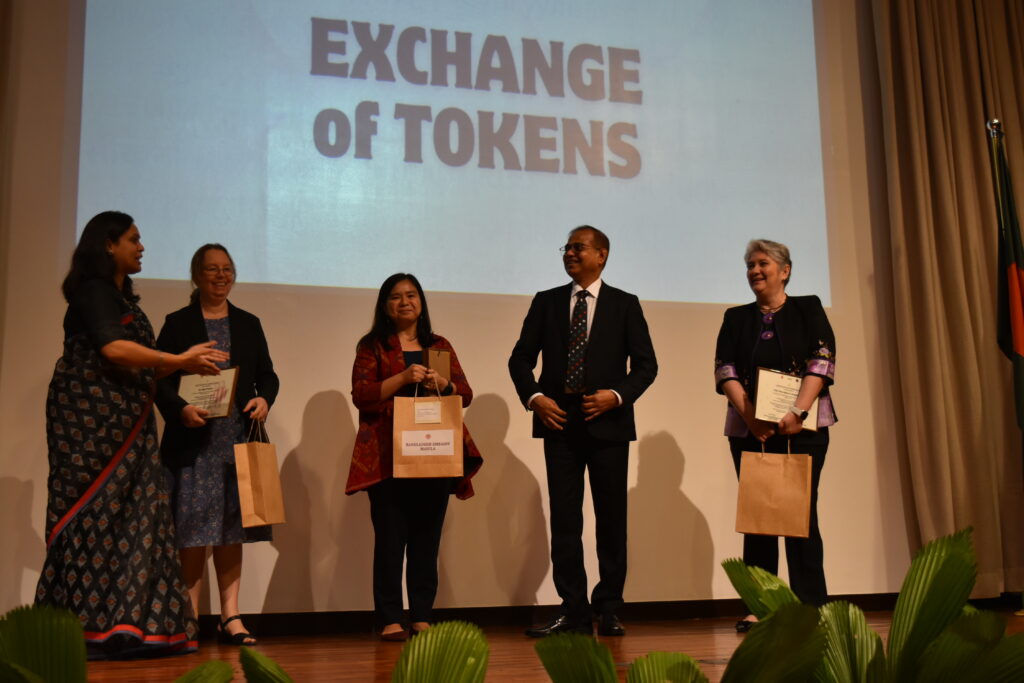
Finally, Assoc. Prof. Maria Kristina S. Gallego, chairperson of the Department, extended her gratitude to everyone who took part in this IMLD celebration.
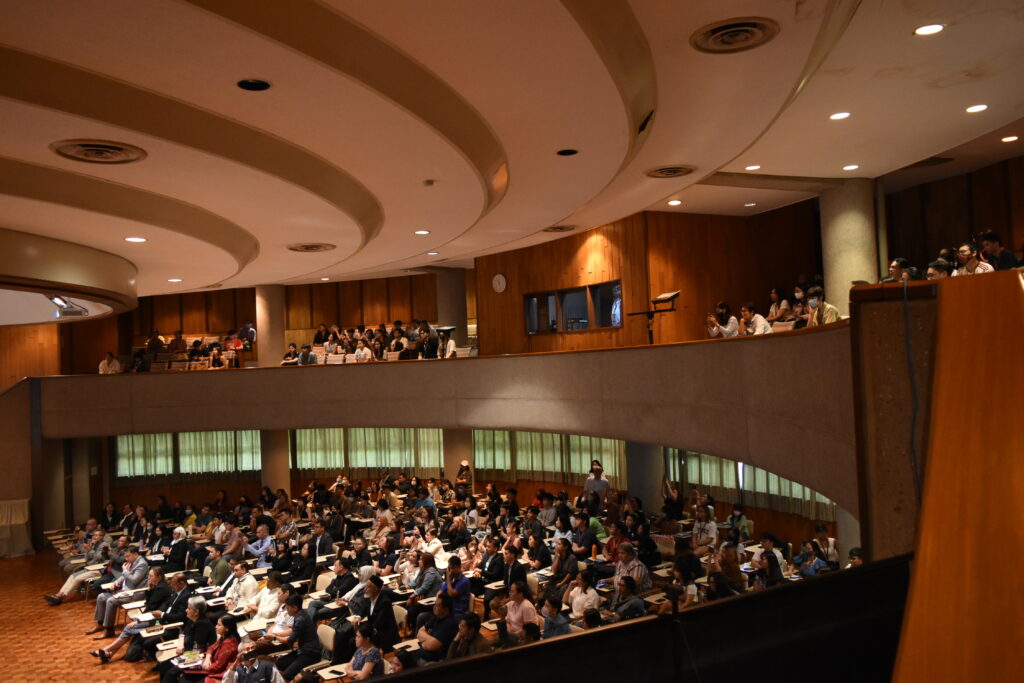
We hope to see you in the upcoming events of the Department!
Published by Patricia Anne Asuncion

